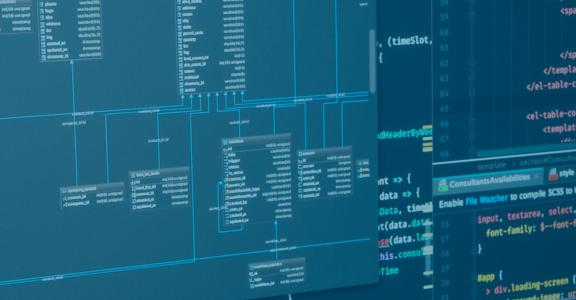Learn hands-on NoSQL with real-world projects and cloud deployment.
Skills you will gain
- Understanding NoSQL Database Needs: Learn how NoSQL databases solve key problems related to scalability, availability, and Big Data.
- Exploring MongoDB & Cassandra: Gain in-depth knowledge of MongoDB and Cassandra, including data modeling and semi-structured datasets.
- Scaling & Clustering for Big Data: Understand how these databases handle horizontal scaling, sharding, and clustering for efficient Big Data management.
- Fault Tolerance with NoSQL Databases: Learn how MongoDB and Cassandra ensure fault tolerance through replication and clustering techniques.
- Hands-On Database Administration: Get practical experience writing code and administering MongoDB and Cassandra databases.
Course Description
NoSQL schema-optional or non-relational databases support Big Data by providing scalability, high availability, clustering, efficient storage and easy access to huge amounts of semi-structured data.
This introductory course gives you a hands-on overview of the two most popular NoSQL databases—MongoDB and Cassandra—as well as an overview of core concepts and other types of open-source NoSQL databases.
We will cover installation, database shell usage, programmatic access, data modeling, scaling/clustering, categories of NoSQL databases (column-based, document-based, key value-based, or graphic-based), the CAP theorem, and BASE semantics.
You will have the opportunity to gain hands-on experience via homework assignments and a course project that involves setting up, populating (with publicly available datasets), and using a NoSQL of your choice (subject to instructor approval).
Topics
- Why use NoSQL databases?
- Types of NoSQL databases: Key value, document, column, graph
- MongoDB basics
- MongoDB data modeling, GeoData
- MongoDB sharding, replication, clustering
- Cassandra basics
- Cassandra data modeling, real-time data with wide rows
- Cassandra rings, replication
- Other NoSQL databases: Neo4J, DynamoDB
- Accessing NoSQL database APIs: Coding
- Deploying NoSQL databases in the cloud: Amazon AWS
- Using publically available datasets
- CAP theorem, BASE
Prerequisites / Skills Needed
Skills Needed:
- You will need experience using a programming language such as Python, Ruby, or Java and the ability to set up open-source software, databases, tools, and development environments on personal computers.
- Flexible Attend in person or via Zoom at scheduled times.
| Date | Start Time | End Time | Meeting Type | Location |
|---|---|---|---|---|
| Wed, 04-01-2026 | 6:30pm | 9:30pm | Flexible | SANTA CLARA / REMOTE |
| Wed, 04-08-2026 | 6:30pm | 9:30pm | Flexible | SANTA CLARA / REMOTE |
| Wed, 04-15-2026 | 6:30pm | 9:30pm | Flexible | SANTA CLARA / REMOTE |
| Wed, 04-22-2026 | 6:30pm | 9:30pm | Flexible | SANTA CLARA / REMOTE |
| Wed, 04-29-2026 | 6:30pm | 9:30pm | Flexible | SANTA CLARA / REMOTE |
| Wed, 05-06-2026 | 6:30pm | 9:30pm | Flexible | SANTA CLARA / REMOTE |
| Wed, 05-13-2026 | 6:30pm | 9:30pm | Flexible | SANTA CLARA / REMOTE |
| Wed, 05-20-2026 | 6:30pm | 9:30pm | Flexible | SANTA CLARA / REMOTE |
| Wed, 05-27-2026 | 6:30pm | 9:30pm | Flexible | SANTA CLARA / REMOTE |
| Wed, 06-03-2026 | 6:30pm | 9:30pm | Flexible | SANTA CLARA / REMOTE |
| Wed, 06-10-2026 | 6:30pm | 9:30pm | Flexible | SANTA CLARA / REMOTE |
| Wed, 06-17-2026 | 6:30pm | 9:30pm | Flexible | SANTA CLARA / REMOTE |
This class meets simultaneously in a classroom and remotely via Zoom. Students are expected to attend and participate in the course, either in-person or remotely, during the days and times that are specified on the course schedule. Students attending remotely are also strongly encouraged to have their cameras on to get the most out of the remote learning experience. Students attending the class in-person are expected to bring a laptop to each class meeting.
Two "no meetings" TBA. To see all meeting dates, click "Full Schedule" below.
You will be granted access in Canvas to your course site and course materials approximately 24 hours prior to the published start date of the course.
|| Skills Needed:
Prerequisites / Skills Needed
This course applies to these programs:





